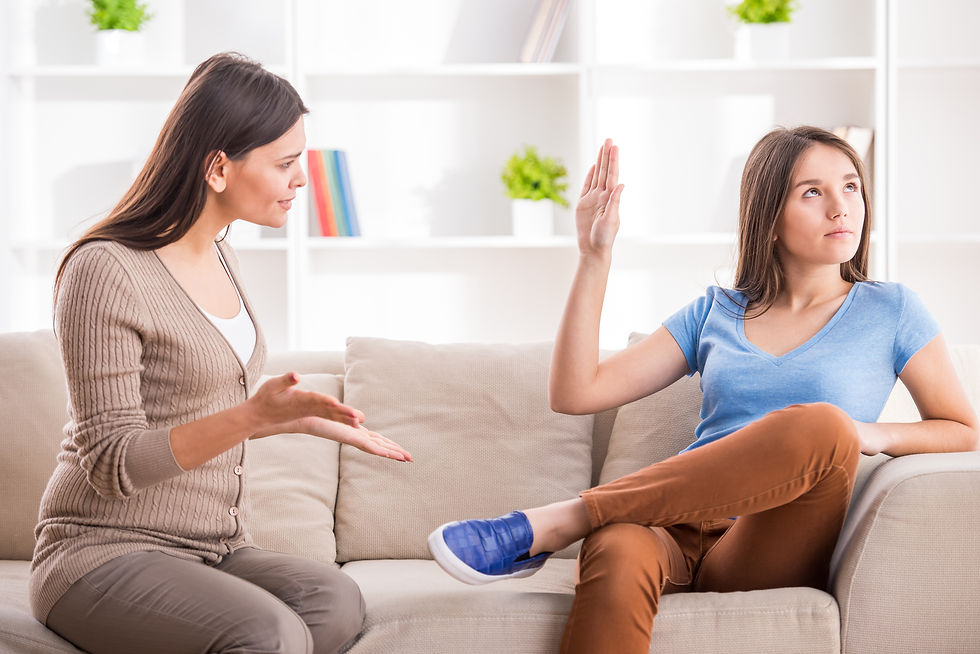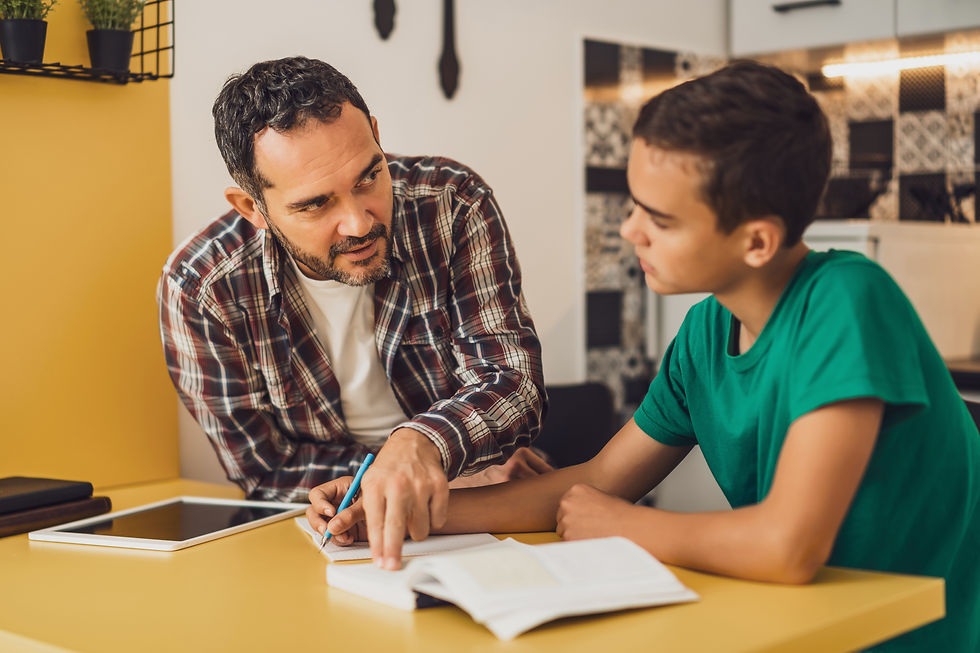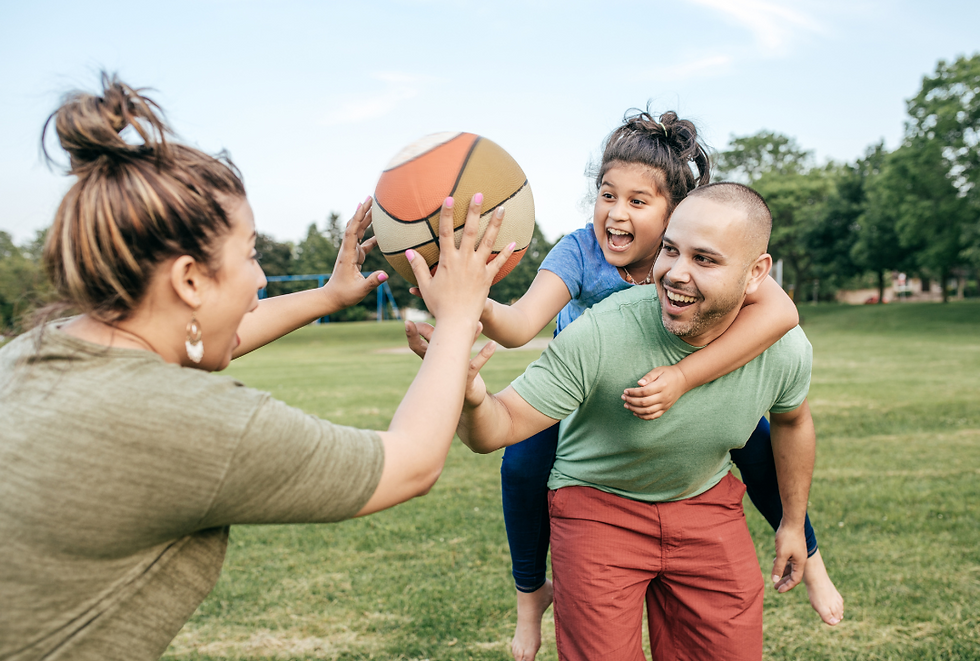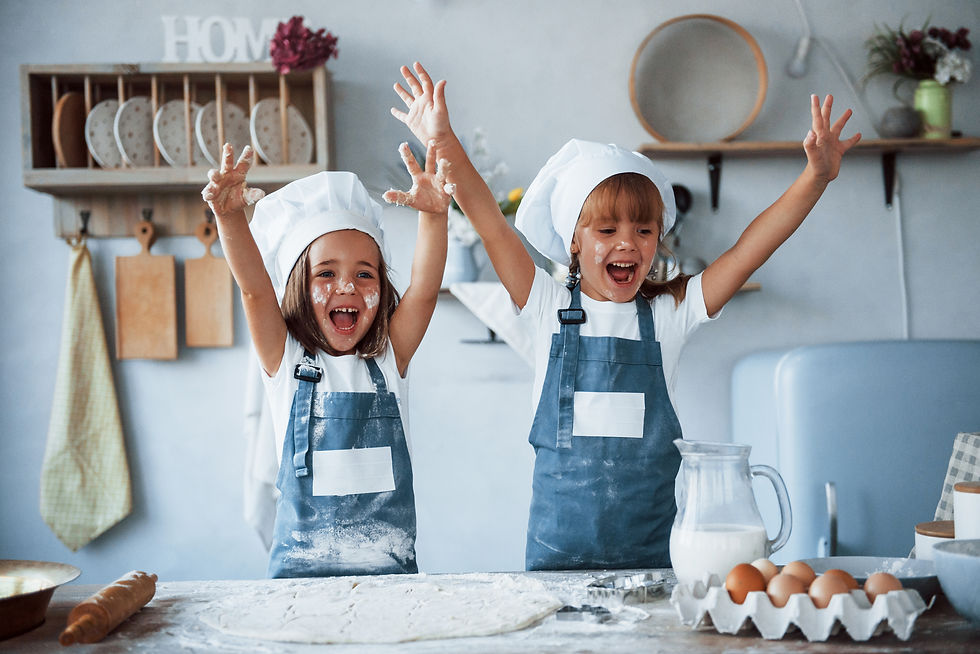
“Play improves resilience, relationships, and wellbeing, and revitalizes families.
Play, enjoying each other and having fun together are often overlooked but are key elements in relationships.”
Dr Leonie White – Helping Families Thrive Cards
Did you know that a critical part of parenting and family life is having fun and enjoying your kids?
… especially if challenging behaviours or big feelings have come to visit.
This might seem to go against common sense if you think that it is logical to focus on problems if there are problems. But the problem with a problem focus is that it narrows your focus. It’s called the confirmation bias and if you’ve ever decided you’d like a new car … and then see that car everywhere you’ll have had an experience of this. Our brains are primed to look for confirmation so if we decide our kids are a problem we will only see the things that confirm this problem view, and this can keep us stuck in unhelpful patterns.

Have you ever found that if you are in conflict with your teen or trying to change your child’s behaviour that you end up paying more and more attention to what’s going wrong which can fuel further conflict and difficulties, keeping everyone stuck, disconnected and feeling not so great, especially kids and teens who can easily end up feeling shamed, and questioning their worth and connection to family.
It's always helpful for kids’ and teens’ wellbeing and developing sense of resilience that we have positive points of connection with them – having fun and enjoying them. It’s even more important to do this when there are problems and difficulties.
e.g., You might be disappointed and angry to find out your teen has been vaping, using alcohol or getting into trouble consistently at school.
e.g., You might be at your wits end, tired, and frustrated as you redirect your strong-willed child, or set a limit on something like screen time, and feel trapped in a cycle of behavioural escalation around limit setting.
In these types of situations, the best way to support them through this is with a connected relationship that sends clear messages that while the behaviour is not okay, they are okay and loved as a person, and that you will continue to have a connected relationship with them.

Having points of positive connection is actually one of the most important things you can do. Your kids need to experience being the ‘apple of your eye’ and they need to have moments of what’s called ‘intersubjective experiences’. That’s when you are really in a moment together sharing and connecting.

This doesn’t have to be a long drawn out experience, even moments matter. When they ‘feel felt’ by you any time you are having fun, sharing their feelings, playing a game, or doing an activity together. These experiences help grow healthy brains and help turn kids into great adults. They also help build resilience.
I have worked with so many families where parents just wanted their young person to smile and say hi or good morning, and the young person just wanted to feel loved and connected (even though they couldn’t tell their parents this directly and were in fact giving the opposite impression, something we call miscuing).
Keeping, starting or amplifying a focus on positive connection in tough times can make a huge difference…
To your kids’ and teens’ wellbeing and mental health
To your relationship with your kids and teens
To finding a way through whatever challenge you and your young person are facing
This can be anything from giving them a warm smile as you pass in the hallway, to a day trip to walk along the beach and get fish and chips.
Here’s a few more ideas that you can borrow or use as a starting point for your own inspiration:
Reading a bedtime story (no matter what happened that day)
Playing DJ in the car on the way to school or the shops

Play with your kids in a variety of ways e.g., physical, outdoors, boardgames, online games
Go for a bush walk
Go to a café for a milkshake or hot chocolate
Cook a family meal together e.g., homemade pizzas
Make popcorn and watch a favourite show or movie together
Watch a show or movie your child or teen loves with them … without being on your phone
Bake cookies or cup cakes

Bath time play for little ones
Build an indoor fort … and eat the cookies you baked in there
Day trip to a zoo, aquarium, beach or farm
Do a bike ride together e.g., there are some great rail trails in Southeast Queensland and bike paths along the Coast
Do an escape room together as a family
DIY science experiments
Pick flowers in the garden
Have a joke together
Put a gentle hand on their shoulder as you say something or find Maggie Dent’s “tickle spot”
Take an interest in something they are interested in and ask them about it
Go to the park
Take them to the skate park … the time in the car can be magic side by side time to chat or play music and enjoy some time together
Lay on a picnic blanket and make shapes from the clouds

Lay on the trampoline or a picnic blanket at night and look at the stars
Have a “carpet picnic” i.e., put the picnic blanket on the lounge room floor and eat there
Do tickles, hugs, smiles, and thumbs up or any special sign you work out
Kick a ball with them – you don’t even have to be good at it
Put the sprinkler on for water play
Walk the dog together
Share a meal together
Do a jigsaw ... even if it takes days!
Draw or do some craft. There are some great YouTube videos to help learn if you aren’t naturally artistic

Tell them you love them … even if they don’t say it back, and if they don’t say it back still say it with warmth the next time
The trick will be to think of something that matches your young person’s age and play style, and for teens to find something that interests them…even just a little bit. It can help to throw around a few ideas with teens and negotiate and keep an eye on their responses to see what they might be open to.
It can be tough to remember when you’re in the thick of it, but your child is so much more than whatever the problem is.
They are a unique little human who needs you to be the bigger, kinder person whom they feel connected to, enjoyed and loved without a shadow of a doubt and despite any big feelings, behaviours or spicy words.
It can also be tough to put this into practice when you do remember it. You’re human and you are allowed to also have big feelings about things that matter. And your kids matter. This is one of the reasons that parenting is the best and hardest job in the world, and why looking after yourself is essential. So, in order to show up as our best parenting self we need some things we can do that regularly lift us up (e.g., coffee with a friend, exercise, gardening), and some in the moment strategies (e.g., parental pause, a mantra, 3 deep even breaths).
Your kids and teens need you to:
See them
Love them
Enjoy them
Have fun with them
Keep a positive connection
…no matter what.
And you might just find this is the thing that turns your situation around, even if it seems to have nothing to do with the problem.

Kids need to have experiences of being the “apple of our eye”. In those moments when we are connected and enjoying them our brain is switching on important parts of their brain, and we are communicating our love in ways that help grow their sense of self-worth and their resilience.
“Children’s brains thrive when interacting with adults who have the brain capacity to love them unconditionally, experience joy from being with them, pay close attention to them and understand them deeply.”
Hughes and Baylin, 2012
Leonie :)
Dr Leonie White - Clinical Family Therapist and Psychologist
Helping people grow, connect and thrive in life’s unique journey.
Please note - this article is educational in nature and does not constitute therapy advice.
Please seek help from a professional if you require support.
Photo Attributions:
Photos from Vecteezy Pro & Canva Pro
Comments